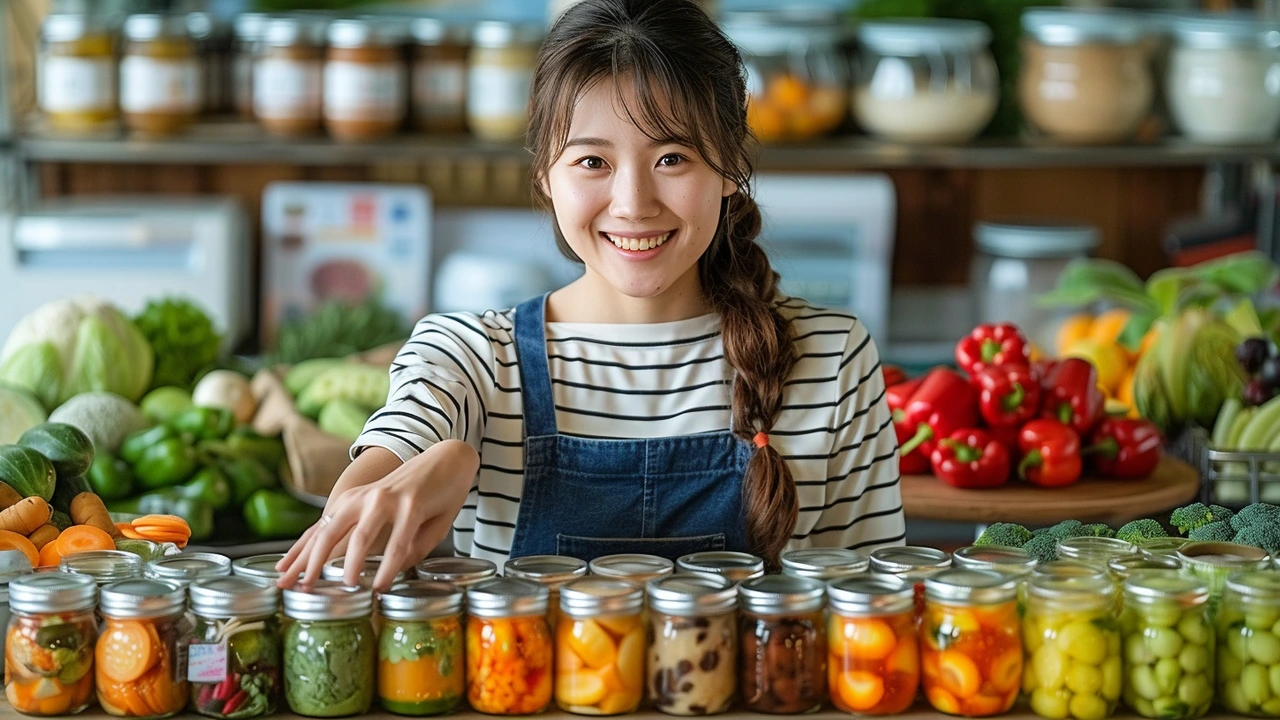Anti-Inflammatory Diet: What to Eat, What to Skip
Feeling stiff, tired, or bloated? What you eat can change how your body reacts. An anti-inflammatory diet focuses on real foods that calm inflammation. That can mean less joint pain, steadier energy, better digestion, and a lower risk of chronic issues like heart disease.
This isn’t a fad. Eating more plants, healthy fats, and whole foods is linked to lower inflammation markers such as C‑reactive protein (CRP). You don’t need strict rules—small changes add up fast.
What to eat and what to avoid
Choose foods that feed your body, not your inflammation. Easy picks to keep in your cart:
- Leafy greens (spinach, kale) and colorful veggies — packed with antioxidants.
- Berries — small, easy, and high in anti-inflammatory compounds.
- Fatty fish (salmon, sardines) — rich in omega‑3s that lower inflammation.
- Nuts and seeds (walnuts, flax, chia) — good fats and fiber.
- Whole grains (oats, brown rice, quinoa) — choose unrefined carbs.
- Legumes — beans and lentils for fiber and protein.
- Spices like turmeric and ginger — natural anti-inflammatory allies.
- Fermented foods (yogurt, kefir, sauerkraut) — help gut balance.
Avoid or cut back on foods that push inflammation up:
- Refined sugar and sugary drinks.
- Highly processed snacks and fast food.
- Refined grains like white bread and pastries.
- Trans fats and some processed vegetable oils.
- Excessive red or processed meats.
Simple daily meal ideas
Here are low-effort examples you can use right away. Mix and match based on what you like.
- Breakfast: Oat bowl with berries, a spoon of ground flaxseed, and a handful of walnuts. Add yogurt or a splash of milk for creaminess.
- Lunch: Big salad with mixed greens, chickpeas, roasted sweet potato, avocado, and a lemon-olive oil dressing. Add grilled salmon or tofu for protein.
- Snack: Apple slices with almond butter or a small handful of mixed nuts and a few dark chocolate pieces (70%+).
- Dinner: Baked salmon with turmeric-roasted cauliflower and quinoa. Finish with steamed greens tossed in garlic and olive oil.
Want something faster? A simple stir-fry with lots of veggies, garlic, ginger, and a splash of sesame oil over brown rice works in 15 minutes.
Small habits that help: swap soda for water or green tea, replace white bread with whole-grain, and add a turmeric pinch to soups and smoothies. If you take supplements, fish oil and curcumin can help some people, but talk to a provider first.
Finally, pair the diet with sleep, movement, and stress management. Food matters a lot, but stress and poor sleep can keep inflammation high no matter what you eat. Try one or two swaps this week and notice how your body feels over time.
Can Better Gut Health Reduce Inflammation?
Hey there, tummy lovers! Did you know that the secret to reducing inflammation might just be living in your gut? It's true! Researchers have found that by improving our gut health, we can significantly reduce inflammation in our bodies. So, let's trade those anti-inflammatory pills for some tasty probiotics, and give a whole new meaning to "gut feeling"! After all, a happy gut equals a happy body - and who doesn't want that?
View More





